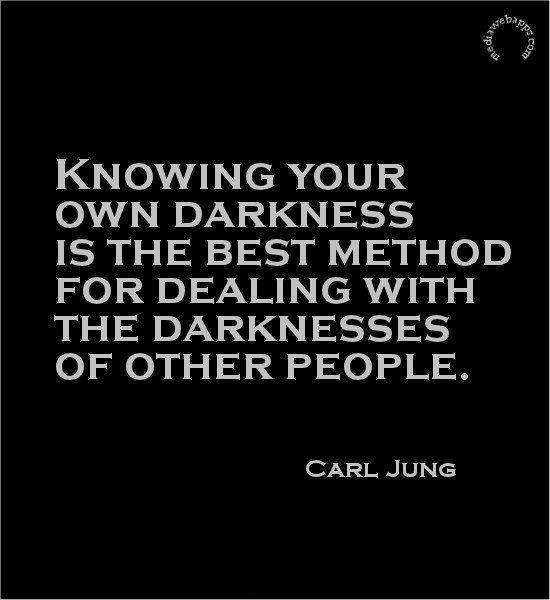The ego is a neutral term in Jungian theory which describes the centre of our consciousness. Not only is it rational and discriminating, it is also like a light that illuminates patches of deeper contents as they emerge from the unconscious.

We describe the ego as having strength when it can withstand difficulties; tolerate suffering; and manage tensions in life, allowing solutions to emerge that can then enlarge the personality. This could also describe maturity. It tends to go hand in hand with a search for meaning, which is one of the ways that we are able to bear what feels to be unbearable and tolerate what feels to be intolerable. The opposite of ego strength shows itself in a person who has rigid views about life with a tendency to remain too rational. Dreams, intuitions and symbolic thinking tend to be ignored by this very one-sided kind of person. The unconscious is unable to be communicated, therefore the growth that the Self requires remains stunted and unlived. This can result in physical illness and symptoms; an example of the body speaking its mind.

I remember gently challenging the rather rigid religious views of a man in his fifties and he said that he would have to see what his father thought! On the one hand was a man with a professional life and a family of his own, a life which was rapidly breaking down as he fell into depression. On the other was a man still in thrall to the authority of his father, who had not been able to make the break and become separate enough to think his own thoughts. He lacked the ego strength to stand up to his inner (and outer) father as he tried to rely on outmoded ways of being. Parents who think they are helping their children by always clearing the path for them or sorting out the problems that arise in everyday life are doing them a great disservice.

A different expression of a weak ego might arise in a person who has had too much difficulty to manage in their formative years. In this case, we might expect to see a person who is flooded by their inner worlds – where unconscious contents overwhelm the ego – often accompanied by intense fears and anxieties or outbursts of antisocial feelings, a type of collapse of the ego as opposed to the rigid, brittle ego described earlier. With help and support, difficulties can be managed piece by piece rather than all at once, so that the patient begins to regain some control in life and succeed in their endeavours. By making sense of what is happening in the here and now and its relation to what happened back in the past, life outside the consulting room becomes more manageable. In a way, the patient is being helped to suffer more effectively! This is the paradox at the heart of psychotherapy: people come to get help to relieve their suffering but this actually happens by being able to relive it, but within the safety and shelter of the consulting room.

